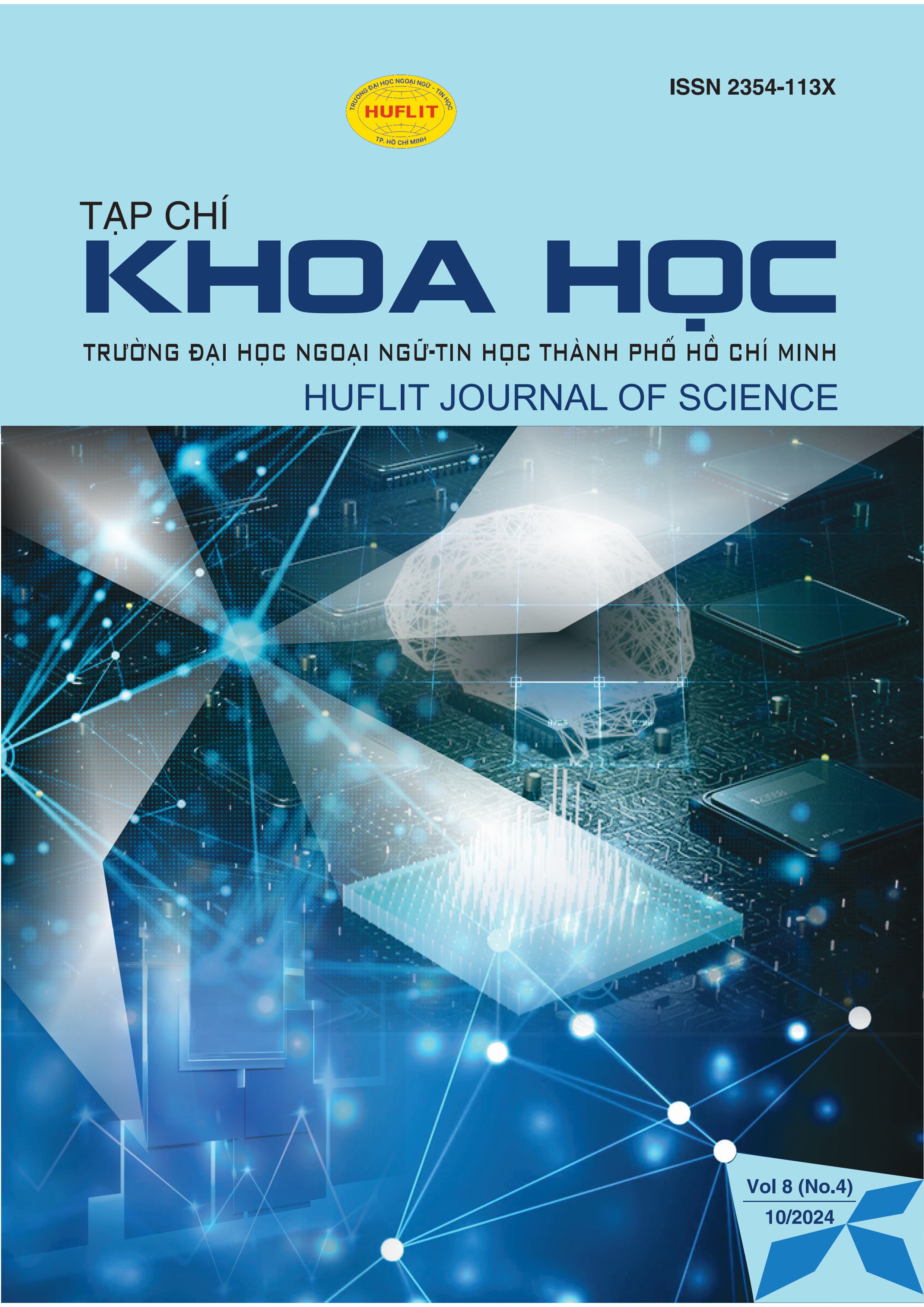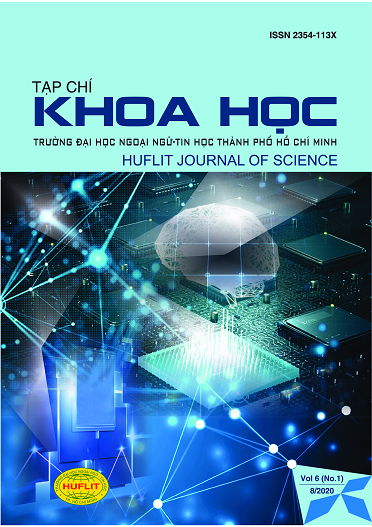ON THE FIGURE OF THE BOOK OF POETRY IN VIETNAMESE VOCABULARY
Abstract
Positioned within the East Asian cultural sphere, Vietnam has long been shaped by profound influences from Chinese culture. The roots of Confucianism in Vietnam extend back over two millenniums, with the formal introduction of essential Confucian classics, including the Four Books and the Five Classics of China, occurring in the early Eleventh Century following the country's attainment of independence. Among these Five Classics, the Book of Poetry holds a significant place, garnering admiration from Vietnamese scholars of the past and endearing itself to the working populace. The linguistic and cultural interconnections between Vietnam and China, coupled with widespread acceptance of the Book of Poetry's philosophy in Vietnam, have led to the gradual assimilation of numerous words and allusions from this classic into the Vietnamese lexicon. Examining the semantics of select idioms and words, this paper reveals that many of them convey aesthetically pleasing meanings, such as auspiciously blessing marriages, extolling the love shared between men and women, praising the benevolence of parents, and commending the virtues of gentlemen, women, and girls. This linguistic integration not only enriches the realms of Vietnamese literature, art, and language but also assumes a pivotal role in shaping social moral education.



